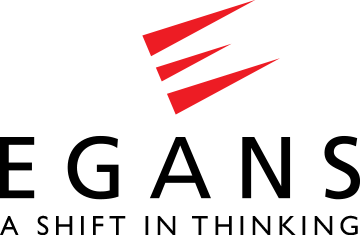The COVID-19 pandemic significantly impacted office trends, leading to various changes in how and where work is conducted. Some of the notable shifts include:
Remote Work and Hybrid Models:
Remote work has become more prevalent as organizations adapted to lockdowns and social distancing measures. Many employees continue to work from home either full-time or in hybrid arrangements. Hybrid models, combining both remote and in-office work, have gained popularity. This allows employees to enjoy the flexibility of remote work while maintaining some level of in-person collaboration.
Digital Transformation:
Accelerated adoption of digital tools and technologies to support remote collaboration, communication, and project management. Increased reliance on video conferencing platforms, cloud-based applications, and virtual collaboration tools.
Flexible Schedules:
Greater emphasis on flexibility in work hours, enabling employees to better balance work and personal life. Shift towards results-oriented performance evaluation rather than traditional time-based assessments.
Office Space Redesign:
Redefinition of office spaces to accommodate social distancing measures and health protocols. Increased focus on creating collaborative spaces for team meetings and activities rather than individual workstations.
Emphasis on Employee Well-being:
Recognition of the importance of mental health and well-being, with organizations implementing policies and initiatives to support employees’ holistic health. Introduction of wellness programs, mental health resources, and flexible leave policies.
Increased Reliance on Technology:
Dependence on technology for virtual onboarding, training, and team-building activities. Investments in cybersecurity to address the challenges posed by remote work and ensure the security of sensitive information.
Rethinking Business Travel:
Reduction in business travel as virtual meetings and conferences have become more normalized.
Organizations reevaluating the necessity of travel for certain business activities.
Focus on Communication:
Improved communication strategies to keep remote and hybrid teams connected. Increased use of communication platforms and tools for regular updates, town hall meetings, and transparent information sharing.
Reimagining Company Culture:
Companies reassessing and adapting their company culture to fit the remote and hybrid work environment. New approaches to fostering team cohesion, engagement, and a sense of belonging.
The long-term impact of these trends on the future of work is still unfolding as the business landscape continues to evolve.






